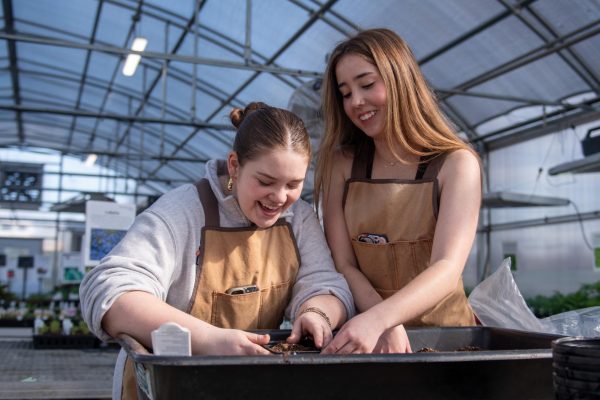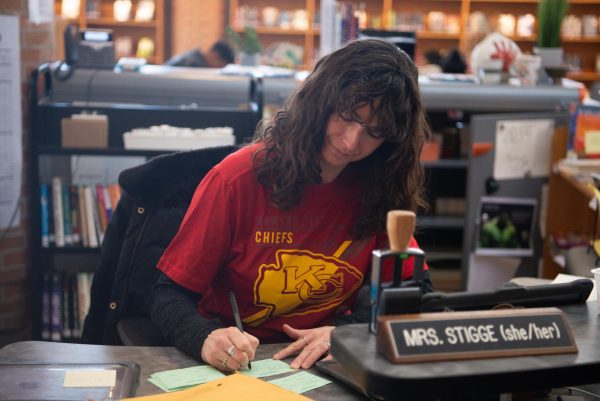What Now?
Election Day is over — what’s next for our elected officials?
November 16, 2020
Politics seems to consume daily life more than normal these days. What used to be everyday small talk has been replaced with heated debate. Every social media platform has been filled with partisan infographics. Both civilians and companies have made pushes for political awareness. It feels as though the discussion of American politics has centered around the 2020 election since, frankly, the 2016 election. American citizens have been anxiously awaiting Nov. 3 and what it would mean for our democracy for months. And now that it’s come, I’m not sure the answers have become any clearer.
Many have pushed for increased civic engagement, specifically urging voting as the best way to impact legislation. These pushes were majorly successful, and that is reflected in the voter turnout statistics from this year’s election. President Barack Obama previously held the record for most votes received in a Presidential race, earning 69,498,516 in 2008. Both 2020 major-party candidates surpassed this record, with President Donald Trump earning 73,113,055 votes and President-elect Joe Biden earning 78,671,712 votes as of Nov. 15, according to NBC News. The United States Election Project estimates that 66.4% of the voting eligible population (VEP) voted in this election, higher than the VEP turnout in the last 29 general elections.
But how do we as Americans continue this trend? It’s important to analyze the causes for this historic voter turnout and assess whether those causes are lasting or circumstantial. Did more people vote because more people were passionate about their preferred candidate and his platform? Or were they primarily motivated by a strong dislike for the other candidate? The first case would be one to celebrate; the only way representative government works is if the people are enthusiastic about and willing to be governed by their leaders. But the second case would be a disappointing indicator of the state of our democracy; the “lesser of two evils” situation is an unfortunate by-product of the two-party system, and a major failure on the part of both the Republican and Democratic National Committees. What is the advantage of voting when citizens are forced to put their literal lives in the hands of people they don’t trust?
The increased voter turnout has also had major impacts on the electoral map. Biden is the first Democratic Presidential candidate to win Georgia in 28 years. It begs the question—was Georgia’s record as a red state true to the will of its population? Was this historic flip because of Biden himself, or due to the state’s history of voter suppression? After losing the race for Georgia governor in 2018 by a margin of only 55,000 votes, Democratic candidate Stacey Abrams turned her attention to the electorate, specifically the claims of suppression of minority voters in Georgia. She founded Fair Fight, an organization dedicated to election reform and educating voters on their rights at the ballot box and the issues on the ballot. Fair Fight funded and trained voter protection teams in 20 battleground states in the 2020 election, and has registered over 800,000 first-time voters since its inception.
Abrams’ work in Georgia should be replicated nationwide. And I don’t mean this to say that every state should aim to flip blue, I mean that every state should aim for free and fair elections, transparency and maximum voter turnout to best represent the will of its people, regardless of which party the state ends up swinging towards.
American politics has become so divisive and so pervasive in the 21st century that it almost feels like a nuisance. The governmental system that we interact with everyday, that shapes our lives in more ways than we know, feels like a nuisance. I’m not quite sure how we get out of this spot, but I know it’s not by continuing the patterns of unproductive partisan gridlock and unchecked spread of misinformation that have emerged in recent years. There’s still so much work to do.










